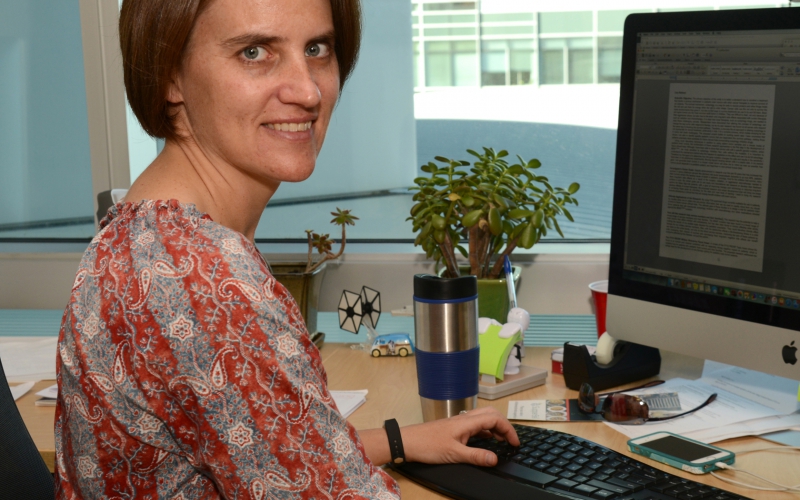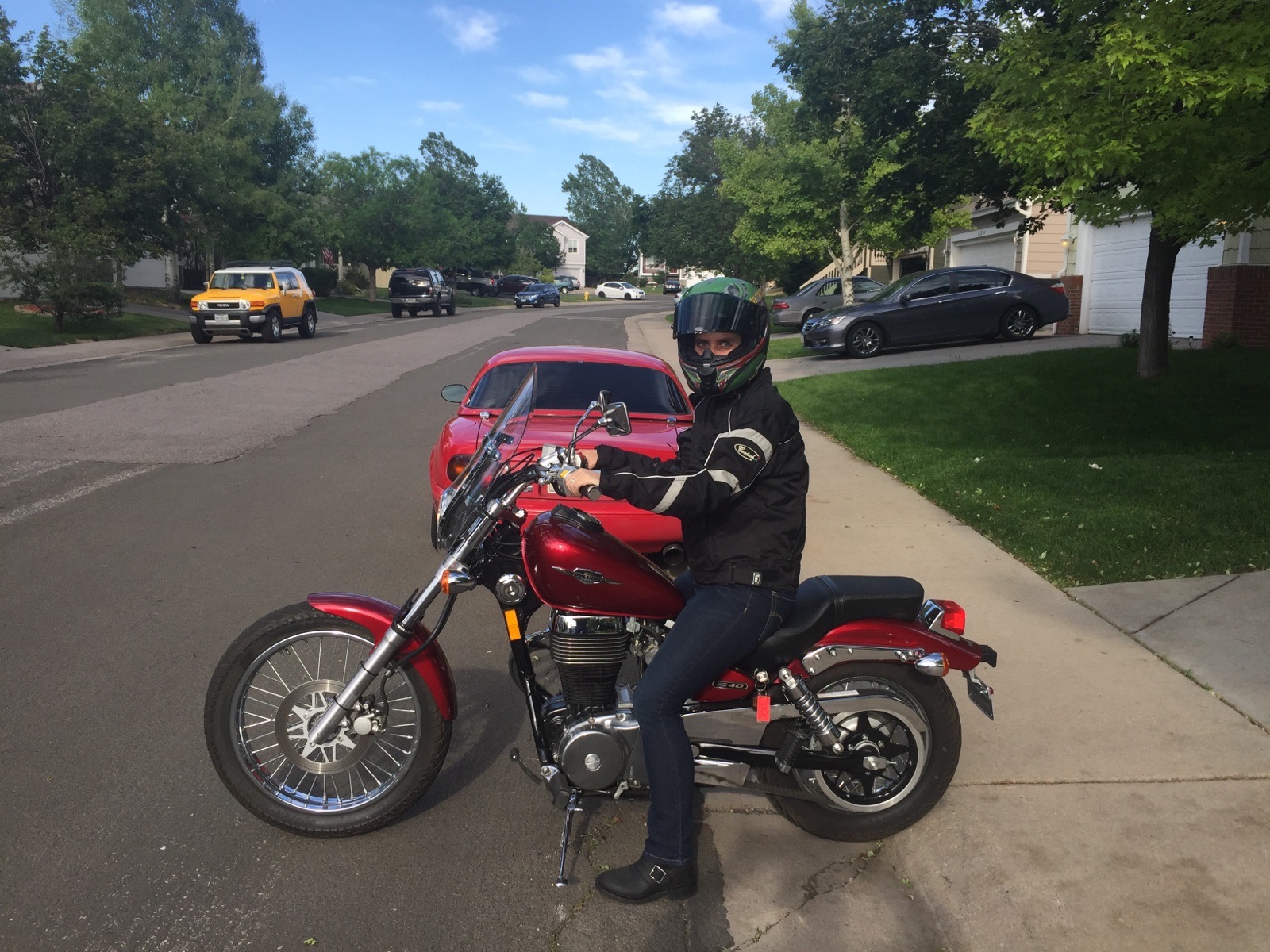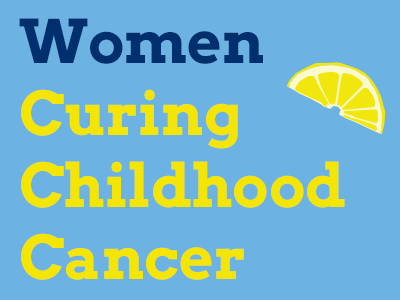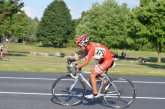
by Trish Adkins, ALSF
Dr. Jean Mulcahy-Levy, of the University of Colorado Denver got her start in research studying the behavior of fruit bats at the zoo.
Now, she’s using Nobel Prize-winning science to find cures for brain tumors.
Dr. Mulcahy-Levy’s research focuses on how blocking a cellular process called autophagy could eliminate brains tumors that have a specific mutation. All cells—both normal and cancer cells—perform autophagy, which is basically a cell-recycling program. Cells convert proteins within themselves into new energy. In 2016, a scientist named Yoshinori Ohsumi discovered the mechanisms that make autophagy happen and won the Nobel Prize in Physiology.
Now in 2018, Dr. Mulcahy-Levy’s application of his work is leading to a potential clinical trial for children battling relapsed brain tumors. We spoke with Dr. Mulcahy-Levy about her research career.
Who encouraged you to follow your passion for science and research?
(JL) When I was applying to college, I toured a couple of places. But it was when I met Dr. Becky Houck at the University of Portland that I knew I had found my science home. Her openness, passion and excitement for science was infectious, you just had to enjoy biology when you were around her. I was lucky enough to get my first taste of scientific research with Dr. Houck, studying the behavior of fruit bats at the zoo (funny question we tried to answer- did fruit bats have a preference for the right or left hand?) and how a summer camp education program changed kids’ perceptions of bats (changing kids view from vampire bat to cuddly cute fruit eating animals).
Dr. Houck’s excitement for her work, and her constant support of my goals of being in science, were exactly what I needed to commit myself to a future in science. I have come a long way from trying to keep track of fruit bats and convincing kids the bats won’t eat them. But from that small project and the mentorship of my first strong female example of a scientist, I’ve never looked back.
What are obstacles that you have faced?
(JL) I think as a woman (or really anyone) in science you have to have the support of everyone around you to be successful. I have been lucky in that I haven’t had many obstacles to overcome and I have never felt that anyone thought I was inferior because I was a woman.
I have had support from my female teachers and mentors such as Dr. Houck. But I have also been fully supported by the male teachers and mentors in my past. Dr. David Alexander, my pre-med advisor in college supported every way I tried to manipulate my schedule to get exactly the classes I needed to be ready for my medical training. He was also married to an intelligent and successful scientist in her own right, Dr. Paula Tower, and together they helped me get my first lab research job. From there, I have sought out the best research mentorships and training I could get.
How did Dr. Alexander and Dr. Tower’s support help you as a student?
(JL) I would never be where I am now without my pre-med advisor Dr. Alexander (affectionately known as Dr. A) and his wife Dr. Tower. College is a hard time and trying to get started in science is hard. But they constantly modeled not only excitement and joy in science but also the importance of home and family. Watching the two of them gave me a picture of what I wanted my life to be in the future. Dr. A passed away from colon cancer in 2013. But before then, he and Paula were my go to people to keep me sane during college, medical school, residency and fellowship. Paula continues to help me through the struggles of starting my own lab, training research assistants, how not to get annoyed at grant or manuscript reviews, and how I should really learn to cook (but that her house is always open if I need a good home cooked meal).
How has your family supported your career?
(JL) It has been traditional in the past that a wife will follow her husband for work. But my husband recognized early on that in order for me to succeed in research, I needed the freedom to go where the best training and opportunities were. He told me early in our relationship that he supports me and whatever I need to be successful. He has rearranged his life and the life of our son to give me the flexibility to surround myself with the best research environment. I could not have gotten to where I am without his selfless encouragement, willingness to pick up his life and move, and to sit there and listen to me drone on about some lab thing that is going great (or not so great) without falling asleep!
When you were 10 years old, what did you want to be when you grew up?
(JL) A doctor. I was always going to be a doctor. I never did have a back-up plan, so thank goodness this is working out!
If cancer was cured, what would you be doing?
(JL) In my secret other life, I “work” in my husband’s motorcycle dealership and I am an officially licensed used car and motorcycle salesperson. So if cancer were cured, I would likely be spending my days working with my husband and playing with motorcycles!
In honor of Women’s History month in March, ALSF will feature interviews with some of our outstanding funded women researchers on the ALSF blog. You can follow along here


